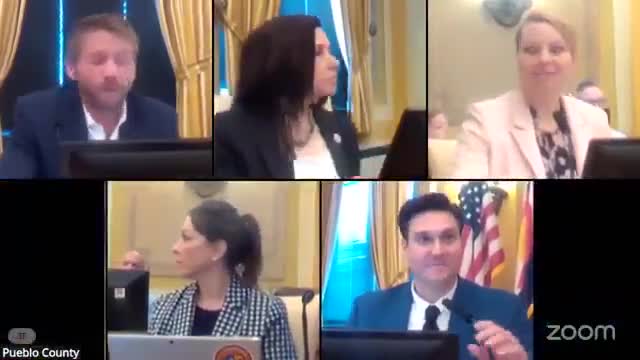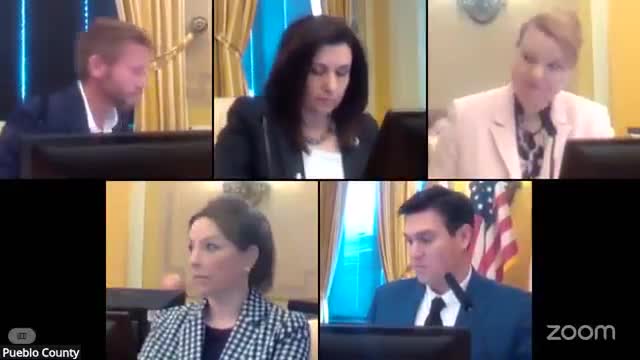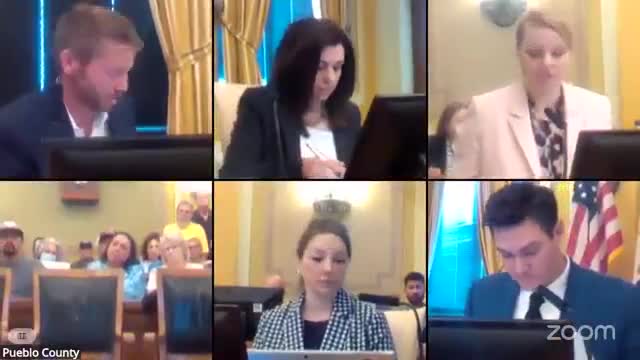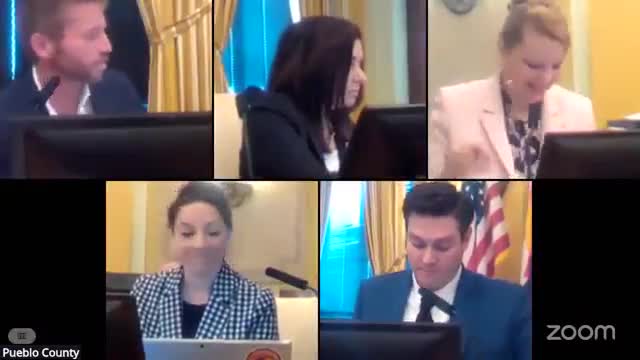Article not found
This article is no longer available. But don't worry—we've gathered other articles that discuss the same topic.

Pueblo County reads ordinance to add tobacco retailer licensing; implementation timeline discussed

Pueblo County awards $2.54 million asphalt overlay contract for 2025 project

Pueblo County approves financing for road reclaimer; board OKs schedule to 2019 master lease

